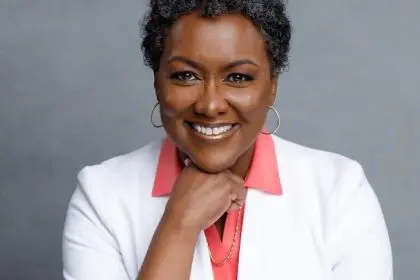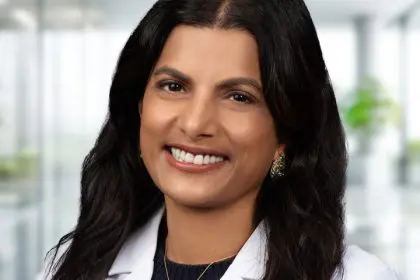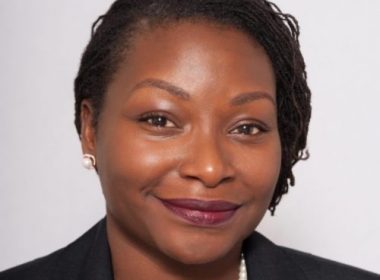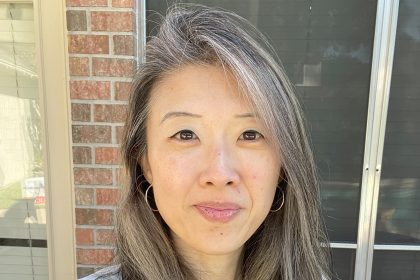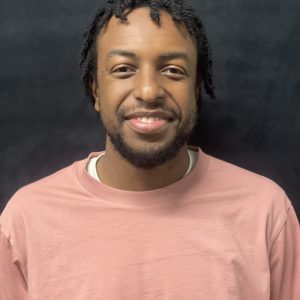Mardrequs Harris is doing the work to help break down commonly held misconceptions about HIV/AIDS. At a recent Gilead event, the Southern AIDS Coalition director of community investments talked with rolling out about the organization and its work to educate people about the disease.
Why is the Southern AIDS Coalition in Atlanta?
One of the reasons [is] this event is specifically around Southern HIV AIDS Awareness Day, which was founded in 2019 by the Southern AIDS Coalition. So I’ve been around since the founding of this day. We’re also partners with Gilead. We are one of the coordinating centers with the Gilead compass initiative. We do work around anti-stigma, changing the narrative around stigma, educating providers on cultural competence, cultural humility and anti-stigma work. We’re closely connected to this actual session, because we are part of the Gilead compass initiative as well.
What are some of the common misconceptions about HIV?
Now we are in a space where there’s so much education, that in many instances, there’s willful ignorance where we just choose not to address the thing or look at the thing because it does not directly impact us. But some of the misconceptions are still that it’s only a disease that impacts gay men. Some of the things are that it only can be transferred in ways other than exchanging bodily fluids. Some of the misconceptions and misnomers are still one of the big ones … it can’t happen to me.
So some of those things is that silo, – it only affects certain people – even if people are more expansive, but don’t think it’s just gay men. They think [it happens] to people who are homeless, less fortunate, drug users, sharing needles, etc. There are lots of misnomers that still exist. I would always say the biggest one is, “This cannot happen to me.”
When did you realize anyone could contract HIV?
I recognized this early on in college when I went to Tennessee State University. That’s where I began to learn a lot more about HIV, we have events on campus where the health department would come and do testing. And that was before I knew which populations and communities were most disproportionately impacted. But I knew that we were an HBCU, where a Black college and the health departments are testing us.
It impacts Black and Brown folks more disproportionately than other communities. As I grew up a little bit more, and I got out of college and came to work in Atlanta, I’ve been in this work since about 2011, at Emory University, to realize when we talked about clinical research, biomedical research, finding a vaccine, all of the folks we were talking about were Black gay men, Black trans women. But all of the people around the tables were White. What I realized while I was sitting at those tables, was the community that was the most disproportionately impacted there were Black folks, Black transwomen, and then [it] expands out to Brown communities.



